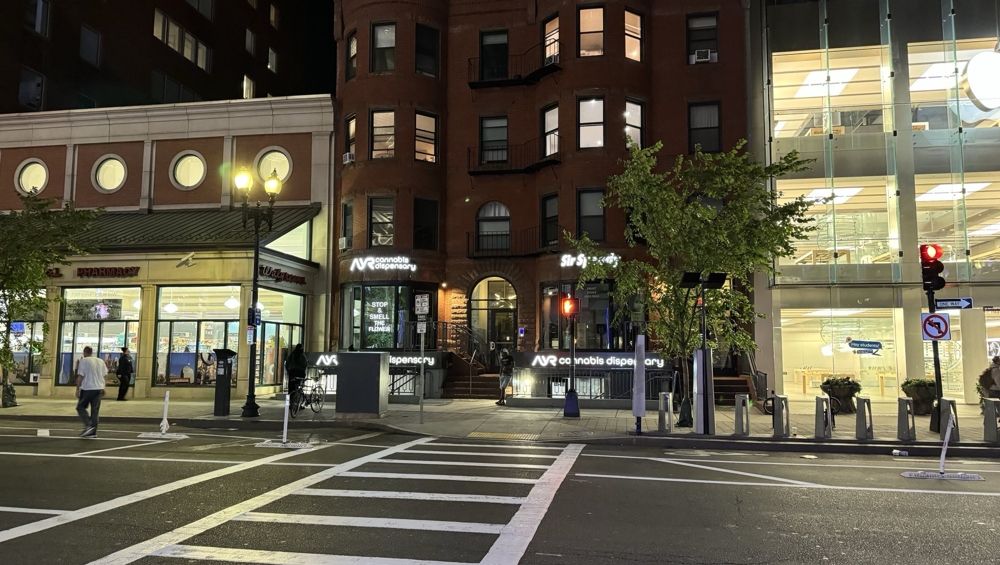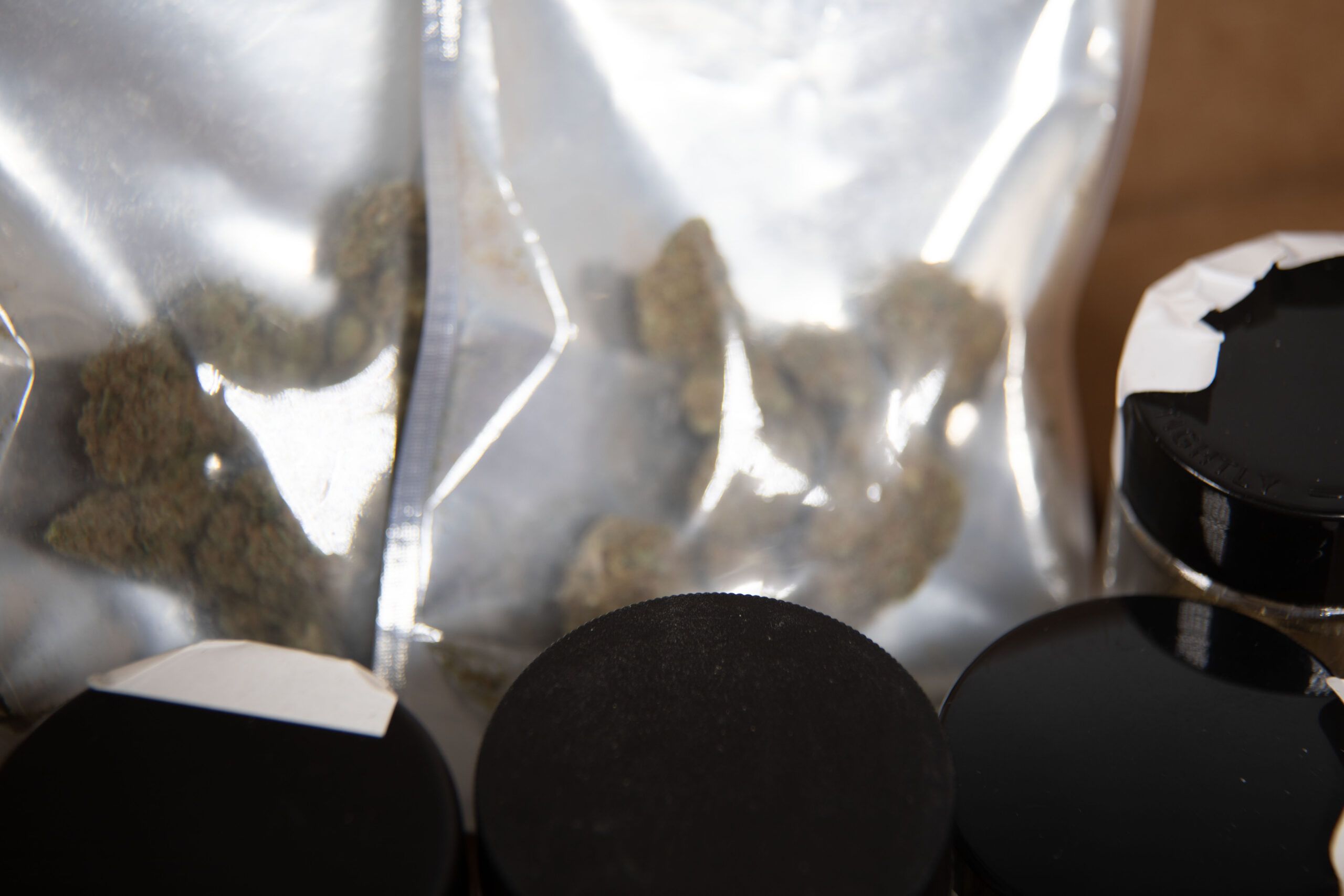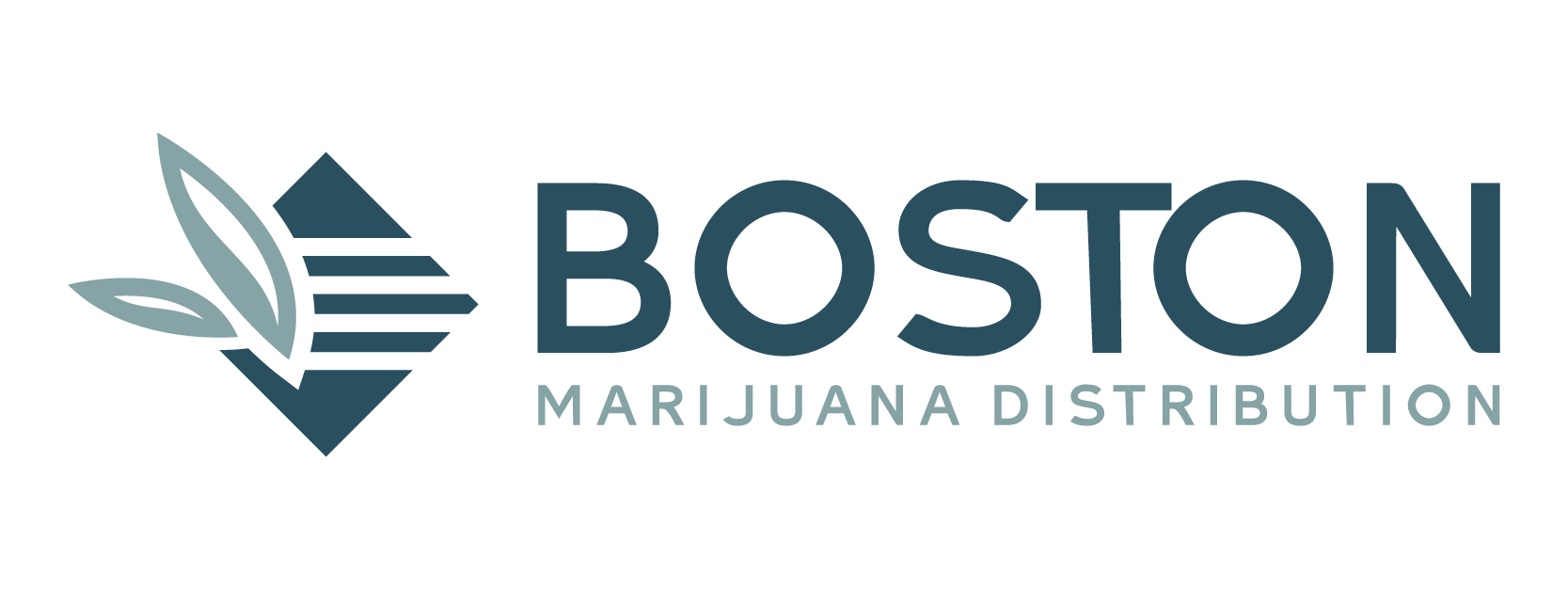-

Behind the Scenes: The Workforce Driving Boston’s Cannabis Supply Chain
Boston’s cannabis industry is booming—but it’s not just the budtenders or dispensary storefronts leading the […]
-

Adapting Cultivation: Managing Climate and Consumer Demand in Cannabis
Cannabis cultivation in Boston, Massachusetts, is not for the faint of heart. Between unpredictable New […]

-

The Impact of Oversupply: Navigating Massachusetts’ Cannabis Market Challenges
Read more: The Impact of Oversupply: Navigating Massachusetts’ Cannabis Market ChallengesMassachusetts’ cannabis industry marked a significant milestone in 2024, achieving a record-breaking $1.64 billion in […]
